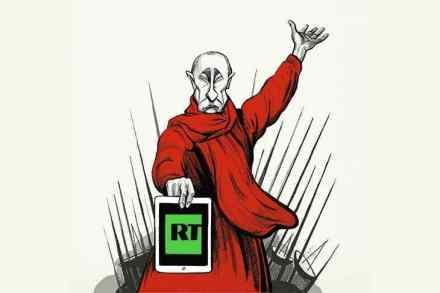Remember the Russians who will really suffer from sanctions
When I was in Russia in the very early 1990s, there was a generic figure who seemed to stand at the entrance to every metro station: an ancient babushka in a headscarf and tatty coat, face creased with age and weather, holding out a flimsy plastic bag rolled into a little triangle, begging for kopeks. The collapse of communism had its winners and its losers – and these old women were the losers. The ‘social umbrella’ of the necrotic Soviet system may have provided its pensioners with a miserable existence, as a local explained it to me, but it had provided; and these women, having discovered that freedom is all





















